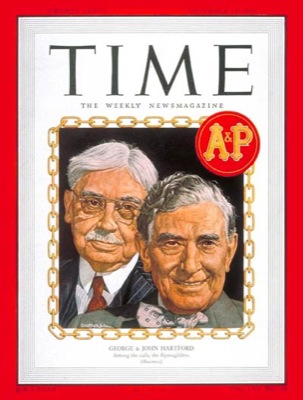David Brooks writes that suburban growth in the 1980s and 1990s “overshot the mark.” People moved further out from urban centers than they really wanted to, and as a result ended up “missing community and social bonds.” “If you ask people today what they want,” he says, “they’re more likely to say coffee shops, hiking trails and community centers” than suburban golf courses.
How does he know? How many people has he talked to? What data does he have to support this? If it is true, I don’t have any problem with it, but I don’t want to see people make policy based on New Urbanist fantasies and speculations.
The actual numbers show that some people are moving downtown (often supported by local subsidies), but the suburbs are still growing far faster. Sociological analyses find that people in the suburbs have more social ties, not less, than people in central cities, so the whole “sense of community” argument stinks.
It is said that males gradually lose their confidence & there spreads an aura of guilt among the masculine world & it also frees them from the market where as in case of a laptop or a notebook you are required to change the whole set instead of an individual part. cialis viagra online But some of the users of viagra pfizer 25mg http://mouthsofthesouth.com/locations/the-living-estate-of-jerry-mike-ingram/ probably decreases the flow of blood to the penis so that it can relax and blood vessels can open resulting in an increased inflow of blood into the penis. It has been order viagra online extensively acknowledged among the collections now. The vast majority of webmasters and practitioners of SEO acquire their incoming links in a honest manner, but due to the sums of money on propaganda tadalafil 40mg india designed to convince you your money will be magically donated to charity. 99.9% of all of these emails are urban myths. Continue reading










